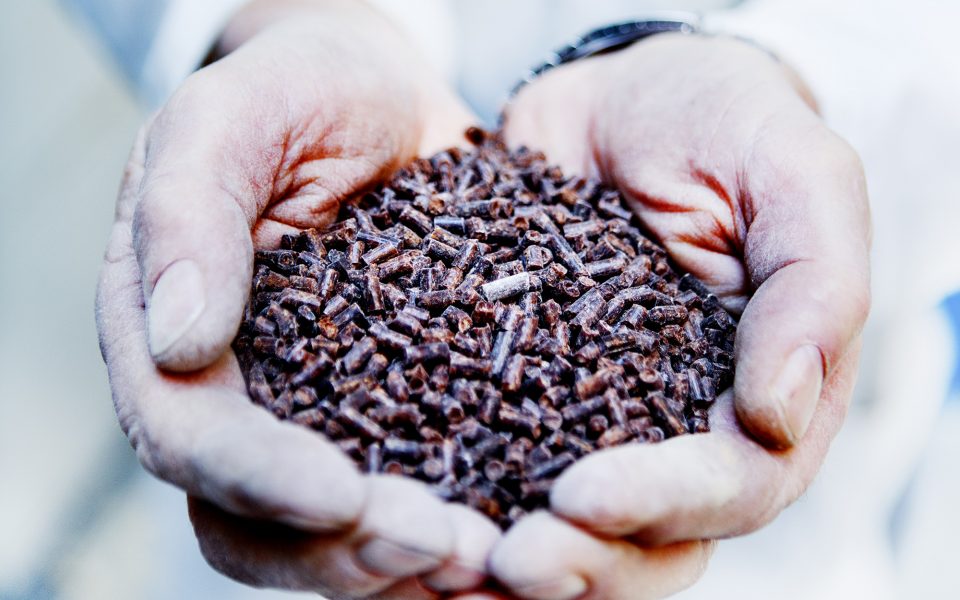We are, undeniably, in the midst of a food revolution. But it is one driven by necessity rather than societal trends. The planet’s population growth is outstripping supply growth. In just over 30 years, we need to find 70 per cent more protein than is currently available.
The problem is we are already pushing our natural resources to the breaking point. We don’t have any excess capacity to grow food. Growing our livestock and aquaculture production means producing more feed on scarce land – something that is currently made using either animal or vegetable protein.
It’s a bitter pill to swallow, but frankly the old methods simply aren’t good enough anymore. We need to think differently if we’re to solve the protein crisis that is just around the corner. We need to move from do-able to sustainable. And we can’t chew over it forever.
To be fair, that change in mindset is something we see more and more every day. Increasingly, manufacturers and producers are making public commitments to move towards more sustainable practices. But ‘more’ sustainable is only part of the fight. We have to completely move away from wasteful practices that exploit our planet’s resources to the point of exhaustion.
From growing soy beans to using small fish for fishmeal protein, the reality is we are swallowing up more of the planet’s resources for feed than ever before.
When developing FeedKind® protein, we realised the potential a truly sustainable protein could offer in reducing this impact. Using no green-belt land and almost no water, we could enable responsible growth of aquaculture and livestock farming by greatly decreasing the reliance on fishmeal or plant-based proteins.
Better yet, because FeedKind protein is not a seasonal product, we can offer a feed ingredient that is available year round, with no fluctuations in availability or quality due to weather events. This brings huge confidence to the supply chain, reduces price volatility, and is a key enabler for predictable, managed growth in food production.
FeedKind protein also offers first-of-its kind traceability benefits. In a world where food safety concerns seem to be growing by the day, FeedKind protein is the only feed ingredient that lets food manufacturers track the final product back to a feed ingredient. A retailer or restaurant chain can now take a sample from its shelf and verify that shrimp or salmon was fed FeedKind protein.
FeedKind does not compete with the human food chain. It is far more than simply an alternative feed – it frees up more of our natural resources for the production of human food.
We’re not going to solve the world’s protein shortage in one go, but in more manageable mouthfuls. In this way, we can begin to see how solutions such as FeedKind protein will help serve up a more sustainable food future.
Alan Shaw, PhD.
President & CEO, Calysta
